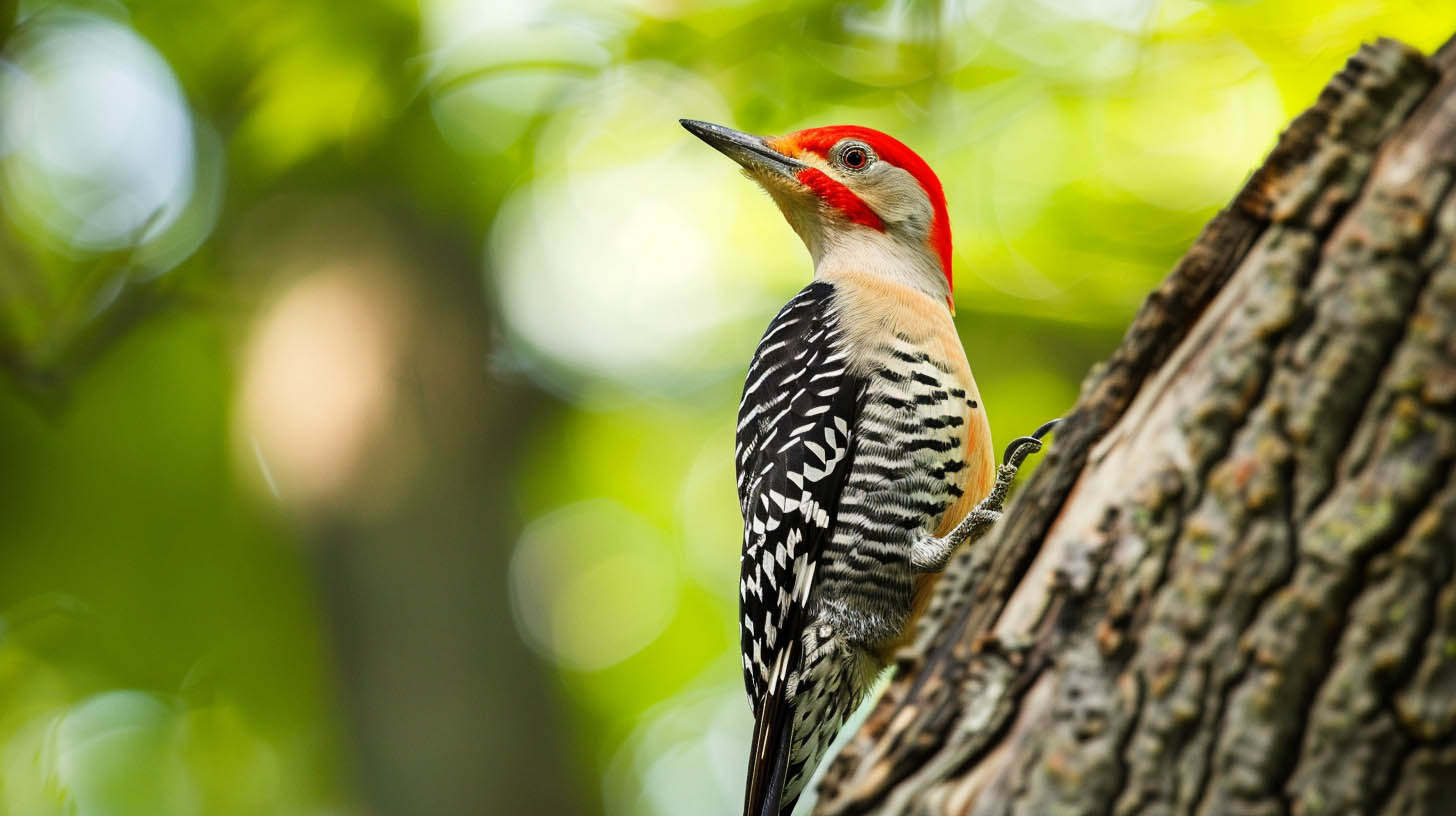Understanding Woodpecker Behavior
Woodpeckers can cause significant damage to homes by drilling holes into siding and other wooden surfaces. These birds are attracted to homes due to the insects found in siding, or as a place to create nests or store food. Understanding their behavior is key to effectively deterring them.
Legal Considerations
It’s important to note that woodpeckers are protected under the Migratory Bird Act of 1918, making it illegal to harm or kill them without authorization. Therefore, any deterrent measures must be humane and legal.
Effective Strategies to Deter Woodpeckers
- Identify and Repair Damage: Regularly inspect your home for woodpecker damage and promptly repair any holes to prevent further intrusion.
- Remove Food Sources: Eliminate insects and larvae from your siding to reduce woodpecker attraction. Consider professional pest control to handle infestations effectively.
- Decoys and Deterrents: Use visual decoys like owl figurines to scare woodpeckers away. Reflective tape or old CDs can also be effective by disorienting the birds with light reflections.
- Bird Netting: Install bird netting around affected areas to physically block woodpeckers from accessing your home’s exterior.
- Tree Wrapping: Protect your trees with burlap or synthetic wraps to prevent woodpeckers from damaging them, which also helps in maintaining the health of your trees.
- Alter Landscaping: Consider removing large trees close to your home to reduce nesting opportunities for woodpeckers, replacing them with smaller bushes or decorative landscaping.
Long-term Solutions
For homeowners facing persistent woodpecker problems, upgrading to woodpecker-resistant siding materials, such as James Hardie siding, can be a practical solution. This type of siding is made from durable materials that do not attract woodpeckers and offer additional benefits like fire and water resistance.
Professional Assistance
If you’re experiencing ongoing issues with woodpeckers, consulting with a professional may be necessary to develop a customized approach to protect your home. Services like Trojan Roofing can provide expert advice and solutions tailored to your specific needs.
Conclusion
Protecting your home from woodpecker damage requires a combination of immediate repairs, preventative strategies, and sometimes professional help. By understanding woodpecker behavior and implementing effective deterrents, homeowners can minimize damage and maintain the integrity of their homes.
For more information on recognizing signs of granule loss in asphalt shingles, click here.

